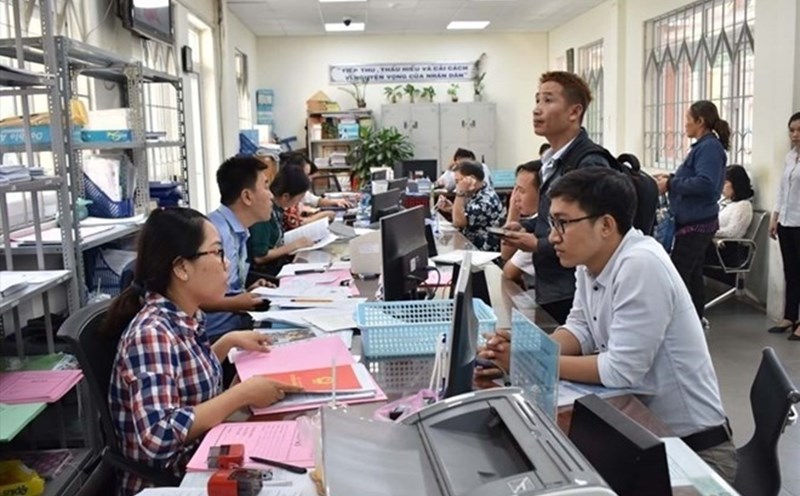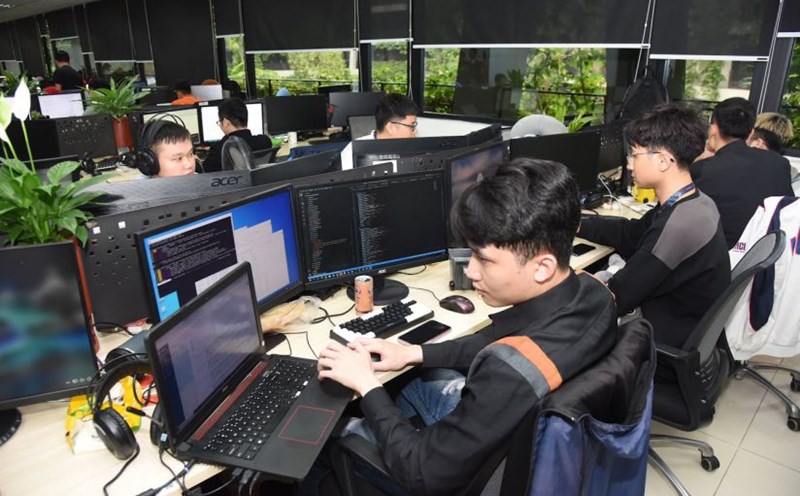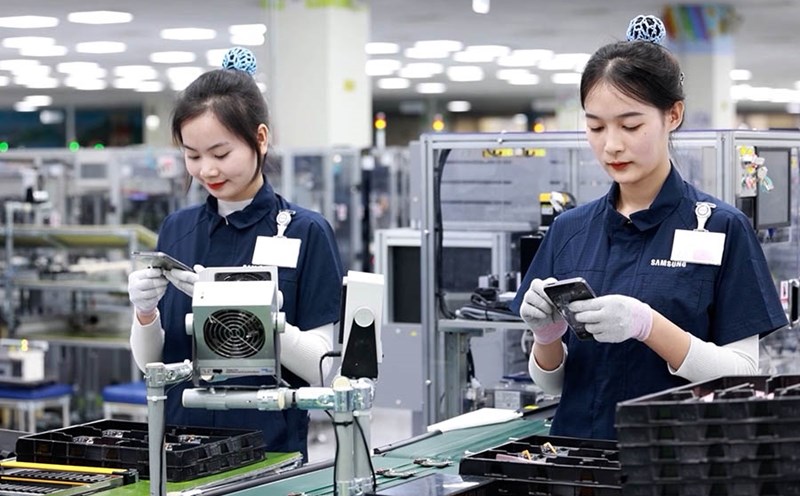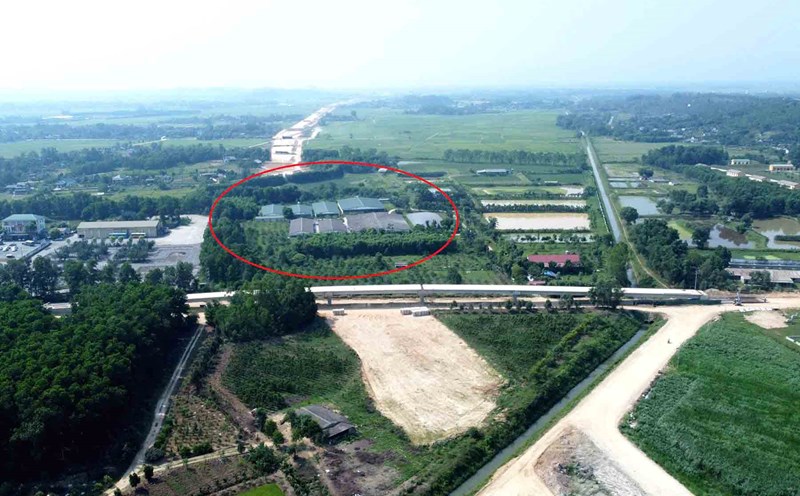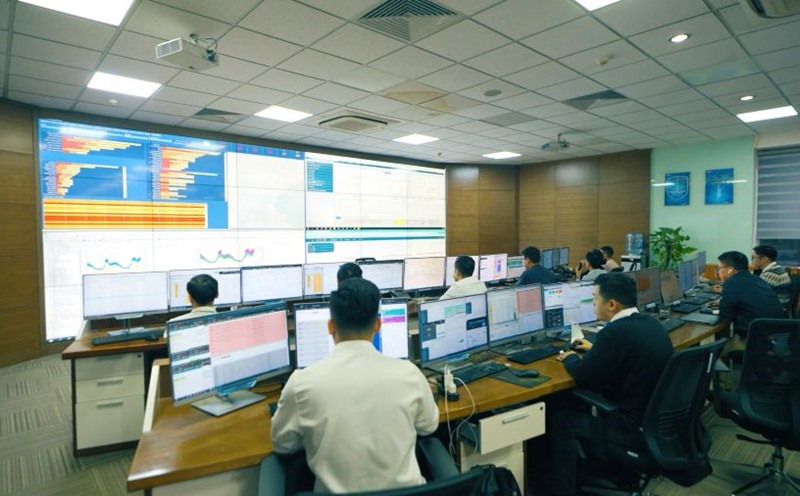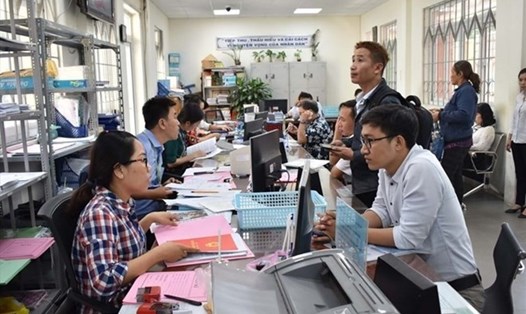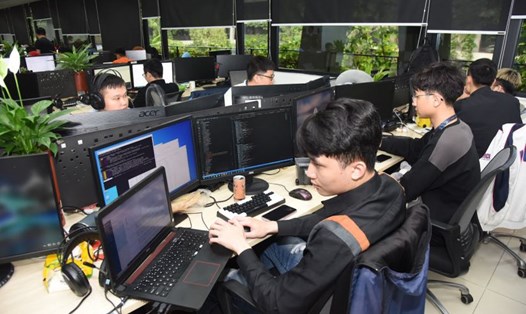"Schewing" between the skills of the current labor force and the needs of the future economy
When looking at the overall picture of employment, many people are afraid of a future where there is no place for people. But a report by the World Economic Forum (World Economic Forum, 2025) predicts that AI will create 170 million new roles globally by 2030, while replacing 92 million existing jobs. The result is a net increase of 78 million jobs. However, this net growth figure hides a more worrying truth: it is estimated that up to 22% of today's jobs globally will be affected by this shift.
So, the problem of the AI era is not a lack of jobs. The core problem is the large-scale "ongrouping" between the skills of the current labor force and the needs of the future economy. This is no longer a theory as up to 63% of employers globally identify skills gaps as the main barrier to their business transformation.
Looking at the picture of Vietnamese labor, we have more than 53 million people, workers who are diligent, dynamic, and have a very high spirit of ease of learning. A PwC survey shows that 84% of Vietnamese workers are willing to learn new skills or completely retrain to have a better job (significantly higher than the global average of 77%).
Although we are proud of the impressive labor productivity growth rate, we must look at the truth: Vietnam's labor force in 2020 is only 11.4% of Singapore, 35.4% of Malaysia, and 64.8% of Thailand.
Training quality is also the biggest paradox of Vietnamese human resources: abundant but quality does not meet requirements. Our rate of trained workers with degrees and certificates is still very low, estimated to reach only 29.1% in the second quarter of 2025.
Most alarmingly, there is a serious shortage of skills for the digital economy. Only 11.67% of Vietnamese workers are classified as highly skilled. The IT industry, the locomotive of the digital economy, is expected to be short of nearly 200,000 human resources by the end of 2025. The rate of English proficient workers, the key to integration, is only 5%, much lower than in countries in the region such as Indonesia (10%), Malaysia (21%) and Thailand (27%).
Experts' advice
To avoid being eliminated, workers must become technology controllers - this is the advice of Mr. Nguyen Phong Anh - AI training expert - Project to Improve the Capacity of Artificial Intelligence (Hanoi National University).
According to Mr. Nguyen Phong Anh, in order not to be eliminated, first of all, workers must understand AI and data with the most basic skills of reading, working, analyzing and communicating with data. Higher, there must be a continuous analytical and creative mindset. This is a skill that the World Economic Forum ranks as one of the most sought-after by employers.
Another requirement is to improve emotional intelligence and society. In an increasingly automated world, the ability to connect between people becomes the ultimate differentiating factor. This ability is concretized by leadership capacity and social impact, empathy to build trust with customers, the ability to negotiate sophisticated agreements or inspire an entire team, Mr. Nguyen Phong Anh emphasized.
According to Mr. Nguyen Phong Anh, another requirement is adaptive capacity - this is a manifestation in action of the " timely learning" philosophy, a prerequisite for a sustainable career in an ever-changing world.
On the business side, business owners need to think about supporting workers - those accompanying them. This is not a story about welfare costs, but a survival problem, an investment strategy that can decide the future of the business itself.
Mr. Nguyen Phong Anh - AI training expert - META project for improving artificial intelligence capacity (Hanoi National University) shared: "Let's proactively become a co-creator. A person does not see AI as a competitor, but as a companion. A person who is not afraid of technology, but takes it as a tool to amplify value and unleash their own potential".

